 |
Victor Hugo’s house in Besançon (25) Victor Hugo (1802-1885) expressed in his first writing (Bug Jargal) his opposition to slavery, particularly during the John Brown affair in the United States. |
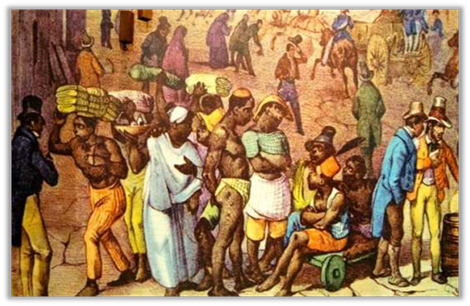 |
Pierre Moreau in Paray-le-Monial (71) |
 |
Remembrance of Léger-Félicité Sonthonax in Oyonnax (01) Léger-Félicité Sonthonax (1763-1813), a convinced abolitionist sent by the Legislative Assembly to Santo Domingo in 1792, made history by taking the decision on August 29, 1793, and for the first time in history, to abolish slavery in the north of the colony. |
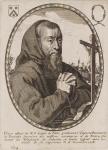 |
Memory of the Capucin Epiphane in Morans-en-Montagne (39) Épiphane Dunod, often known as Épiphane de Moirans (in Spanish “Fray Epifanio”), native of Moirans-en-Montagne, was a religious person of the Capuchin order who went in the New World where he rebelled against the slavery of Black people practiced in America by Europeans. His condemnation of extreme virulence in the name of the principles of religion led to his arrest, expulsion and a trial in Spain. |
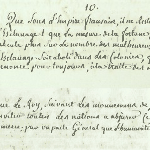 |
The registers of grievances of Charolles and Toulon-sur-Arroux (71) In Toulon-sur-Arroux, the mayor Jean-Philippe Saclier launched a visionary call on March 17, 1789 for the solidarity of nations to eradicate slavery, supported by the book of the Bailiwick of Charolles. |
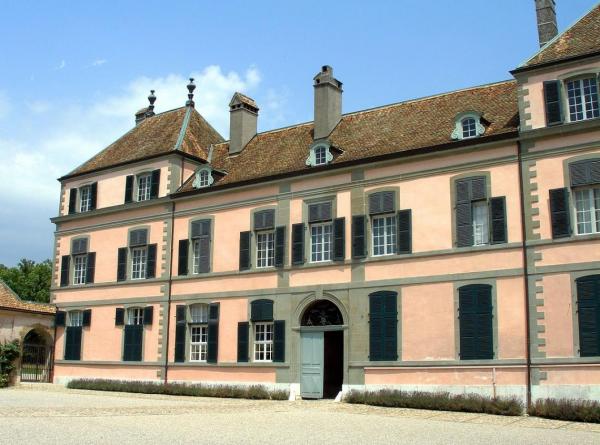 |
The castle of the Necker-De Staël family and the Coppet Group (Switzerland) The Coppet castle was the epicentre of the anti-slavery commitment that began with Jacques Necker (1732-1804), his daughter Germaine de Staël (1766-1817) and then his son Auguste de Staël (1790-1827) who, with others, formed the Coppet Group opposing Napoleon I. |
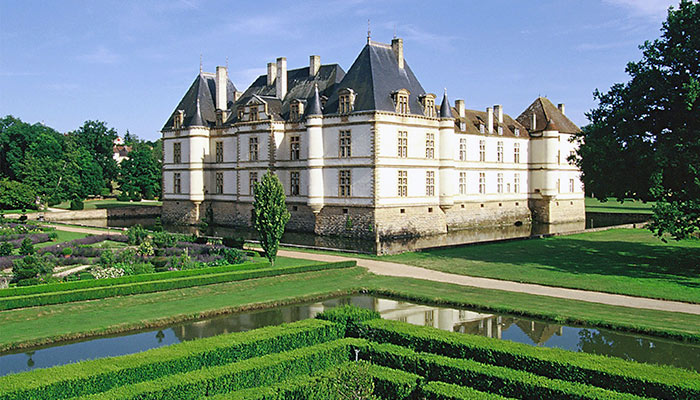 |
Remembrance of Etienne Maynaud de Lavaux in Digoin - Cormatin - Ameugny (71) Sent to Santo Domingo, Etienne Lavaux (1751-1828) played a decisive role during the abolition of slavery and in the rise of Toussaint Louverture, whose action he defended in front of the Directory. |
 |
Denis Diderot Museum in Langres (52) In the “Encyplopédie”, which was very successful at the time, Denis Diderot (1713-1784) strongly attacked the arguments of the defenders of the slavery system. |
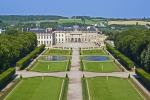 |
The abolitionist court at the Château de Lunéville (54) Nicknamed the “Versailles Lorrain”, the Château de Lunéville, became in the Enlightenment an important centre of animation of ideas and welcomed many personalities who rallied the abolitionist movement. |
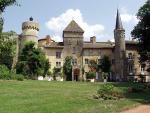 |
Lamartine museum and castle in Mâcon and Saint-Point (71) Founder of the French Society for the Abolition of Slavery, Alphonse de Lamartine (1790-1869) became the Head of the Provisional Government of the First Republic. He signed the decree on the abolition of slavery of April 27, 1848. |
 |
Voltaire castle in Ferney-Voltaire (01) Voltaire (1694-1778) marked the Enlightenment with his writings in the service of the ideals of tolerance, justice, freedom and against serfdom in France. |
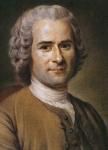 |
The House of Jean-jacques Rousseau in Geneva (Switzerland) Jean-Jacques Rousseau, born in 1712 in Geneva and died in 1778 in Ermenonville, condemned slavery in its essence and the very principle of servitude, which makes a man an object, deprived of any right and any legal personality. Such a condemnation of the very principle of slavery is a major innovation in the history of humanity. |
 |
Publication of abolitionist literature in Neuchâtel (Switzerland) Between 1770 and 1789, Neuchâtel was the epicentre of the publication of anti-slavery literature, particularly the writings of Condorcet, Brissot, Abbé Raynal and Bernardin de Saint-Pierre. |
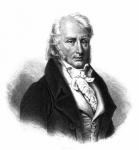 |
Remembrance of Benjamin Constant in Lausanne (Switzerland) Leader of the Coppet Group during the Empire, deputy and leader of the Liberal Party during the Restoration, Benjamin Constant (1767-1830) denounced the slavery system and the officially prohibited but still active slave trade. |
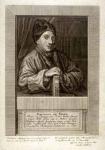 |
Remembrance of Guillaume de Félice in Yverdon (Switzerland) Guillaume de Félice (1803-1871) carried out radical actions through publications, his relations with foreign personalities and societies, and launched petitions for the immediate and complete emancipation of slaves. |







